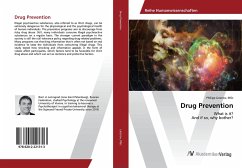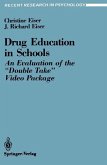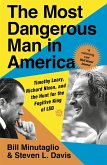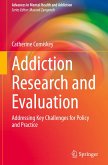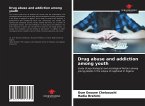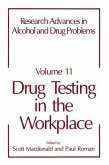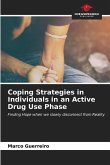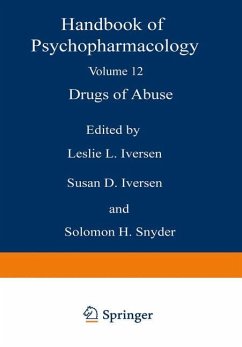Illegal psychoactive substances, also referred to as illicit drugs, can be extremely dangerous for the physiological and the psychological health of human individuals. The preventive programs aim to discourage from risky drug abuse. Still, many individuals consume illegal psychoactive substances on a regular basis. The stronger current paradigm in the society is still the null-tolerance policy regarding drug-related problems. Many programs use shocking information that is often not based on real evidence to keep the individuals from consuming illegal drugs. This study tested how shocking and informative appeals in the form of videos affect participants, which factors tend to be favorable for illicit drug abuse and which can act as resilience and protective factors.
Bitte wählen Sie Ihr Anliegen aus.
Rechnungen
Retourenschein anfordern
Bestellstatus
Storno

